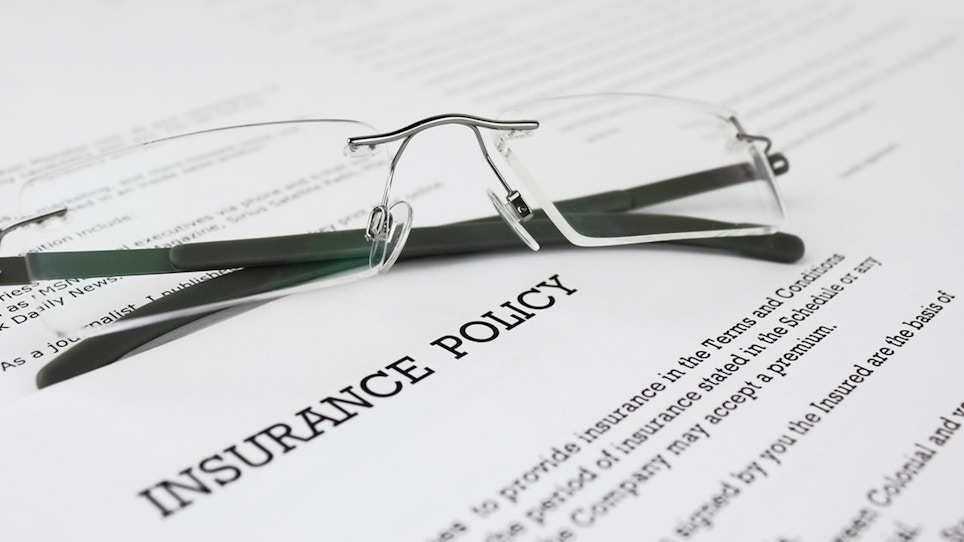There’s a paradox at the heart of insurance: You have to buy it, but you hope you’ll never need to use it.
If you’re a business owner, you might feel slightly annoyed by that. Who wants to buy something and not use it? But knowing the types of insurance you need — and how much of each you need to be adequately protected — is critical for all small-business owners, because it can be a business-saver if you do need to use it.
The information below is a good primer if you’re questioning your own policies.
What Kind of Insurance Do I Need?
General liability insurance: Michael M. Senderovich, president and founder of Zeyger Insurance, which operates in California, Texas and Ohio, calls this “The insurance to have.” It protects your business and your customers from injury — but make sure it covers the various kinds of work you do.
Property insurance: Coverage for your office and other real estate used in your business.
Workers’ compensation insurance: This is required in most states and covers your workers for on-the-job injuries.
Commercial auto insurance: You need this whether you’ve got an entire fleet of service trucks or are starting out and using a personal vehicle for work. “Personal insurance policies do not cover vehicle usage for work, regardless of the vehicle type,” Senderovich says. Not only that, but the commercial policy may provide better coverage for less money.
Excess liability insurance or an umbrella policy: It provides additional coverage on top of your regular liability policy. It’s especially important if your business is growing and you’re doing bigger projects, among other things.
How Much Coverage Do I Need?
“States will set minimum requirements for these coverages,” Alvarez notes. But those minimums aren’t guaranteed to be sufficient. And buying larger policies can turn out to be more cost-effective. Alvarez had one client who “wanted just the bare minimum for workers’ comp, but I was able to get them $400,000 worth of extra coverage for about $25 more per year.” Even another $100 a year is worth it if it doubles your coverage, she points out.
For general liability, Senderovich recommends no less than $1 million per occurrence and $2 million aggregate. With vehicle coverage, settling for only the state minimum is “outright dangerous,” he adds.
For the excess/umbrella policy, talk to your agent about your risks and needs. Coverage usually starts at $1 million but can go much higher. Your agent will advise you on other categories as well. Keep good records; claims are that much easier to settle if you can show on paper when you bought those tools that were stolen from your truck, for instance.
How Can I Tell How Much I Need?
Every business situation is different and depends on the size of the operation, how many employees you have, your state licensing requirements, the kind of work you do and the risk it entails to your customers, your gross receipts, and the number as well as the size and type of jobs you undertake.
“Talk to your broker/agent,” says Senderovich. “Really talk to them. Knowledge is power. The better they understand your company, the better they will be able to provide proper coverage.”
How Can I Lower the Cost?
As with any insurance, if you want lower premiums, raise your deductibles, Alvarez says.
But don’t just cut coverage to save money. “Insurance is all about gaps,” says Senderovich — and reducing coverage makes gaps bigger: “What’s the purpose of paying for insurance if it doesn’t cover you for anything anyway?”
Are you offered coverage at bargain rates? Read the fine print. “A cut-rate price usually means a cut-rate policy,” says Senderovich — one that limits coverage in ways you’ll regret. “If the price is too good to be true, you’re probably not covered.”
Think long-term instead: Keep your records clean and up to date. Focus on preventing losses. For workers’ comp, that means making sure employees have protective equipment and safety training, and use them.
Look for a carrier that will give you a discount if you bundle several lines under one provider. And never, ever let your coverage lapse: “Auto-pay is your friend.”
You can save money by shopping around, and as Senderovich says, your broker should compare prices for you at renewal time.
At the same time, says Alvarez, see if your current carrier rewards customer loyalty with discounts after three or more years of continuous coverage. Business owners who switch carriers chasing cheaper premiums “may miss out on long-term savings,” she says.
What Mistakes Should I Avoid?
Don’t assume general liability will cover everything, says Alvarez. And don’t get confused about “medical pay” in your general liability policy. That doesn’t cover your employees’ injuries, just the medical bills of customers or others who aren’t affiliated with your business, if they sue you for a problem.
Shop on quality, not price, Senderovich advises: “Cheap is usually dangerous.” And go with an agent who knows your kind of business. However good the agent who has your homeowners’ or personal auto policy is, “if they don’t specialize in your trade, they may not know all the risks associated with your business.”
Is There Such a Thing as too Much Insurance?
That’s pretty uncommon, says Senderovich. If you think you’re paying too much, talk to your agent.
The real risk, Alvarez says, is to have too much in one policy and not enough in others. It’s the “not enough” you need to pay attention to. A $1 million liability policy might seem like a lot, but it won’t cover car accidents or worker injuries, she says. “No matter how much general liability coverage you buy, it won’t cover that.”
Your best bet, both Alvarez and Senderovich say: Find an agent who knows your business, then sit down and work through what coverage you need.
In the end, insurance may seem like a gamble, but compared to the alternative, it’s the safest bet you can make.






